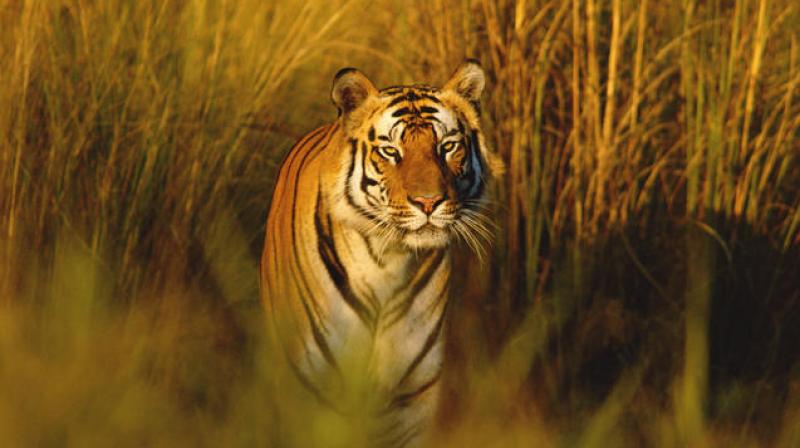Nearly 60 per cent of mammals extinct in 44 yrs
The report ‘Living Planet’ is released every two years, and keeps track of around 4,000 species spread across nearly 17,000 population of the planet.

Hyderabad: The report ‘Living Planet’ released by the World Wildlife Fund (WWF) reveals that in a span of 44 years, close to 60 per cent of different mammals, birds, fish, reptiles and amphibians have become extinct because of urbanisation and destruction of wildlife.
The report ‘Living Planet’ is released every two years, and keeps track of around 4,000 species spread across nearly 17,000 population of the planet.
The key findings of the report are that in the past 50 years, 20 per cent of flora and fauna of the Amazon rainforest basin has disappeared.
Secondly, human activity such as overexploitation and agriculture has led to the extinction of 75 per cent of species since 1500 AD.
The ocean has lost 50 per cent of its shallow water corals in the past 30 years because of human interferences such as oil spillage and dumping of harmful waste.
Also, the population of coastal mangroves has declined by half in the last 50 years. And 100 billion tonnes of carbon is pushed into our environment every 10 years by the human population.
IFS officer Praveen Kaswan, an environmentalist, says that “extinction is natural but because of human interference, the pace of extinction has been increased by 1,000 times. Seeing elephants used to be very common in Northern belt of India but now we don’t see them often.”
He says in the Indian context the Wildlife Protection Act, 1972 has been instrumental in reducing this rate.
“Government projects such as Project Tiger and Project Rhino have done extremely well in maintaining the numbers from falling below alarming levels,” he says.
Director General of WWF International, Marco Lambertini, said, “Today, we still have a choice. We can be the founders of a global movement that changed our relationship with the planet. Or we can be the generation that had its chance and failed to act. The choice is ours.”

